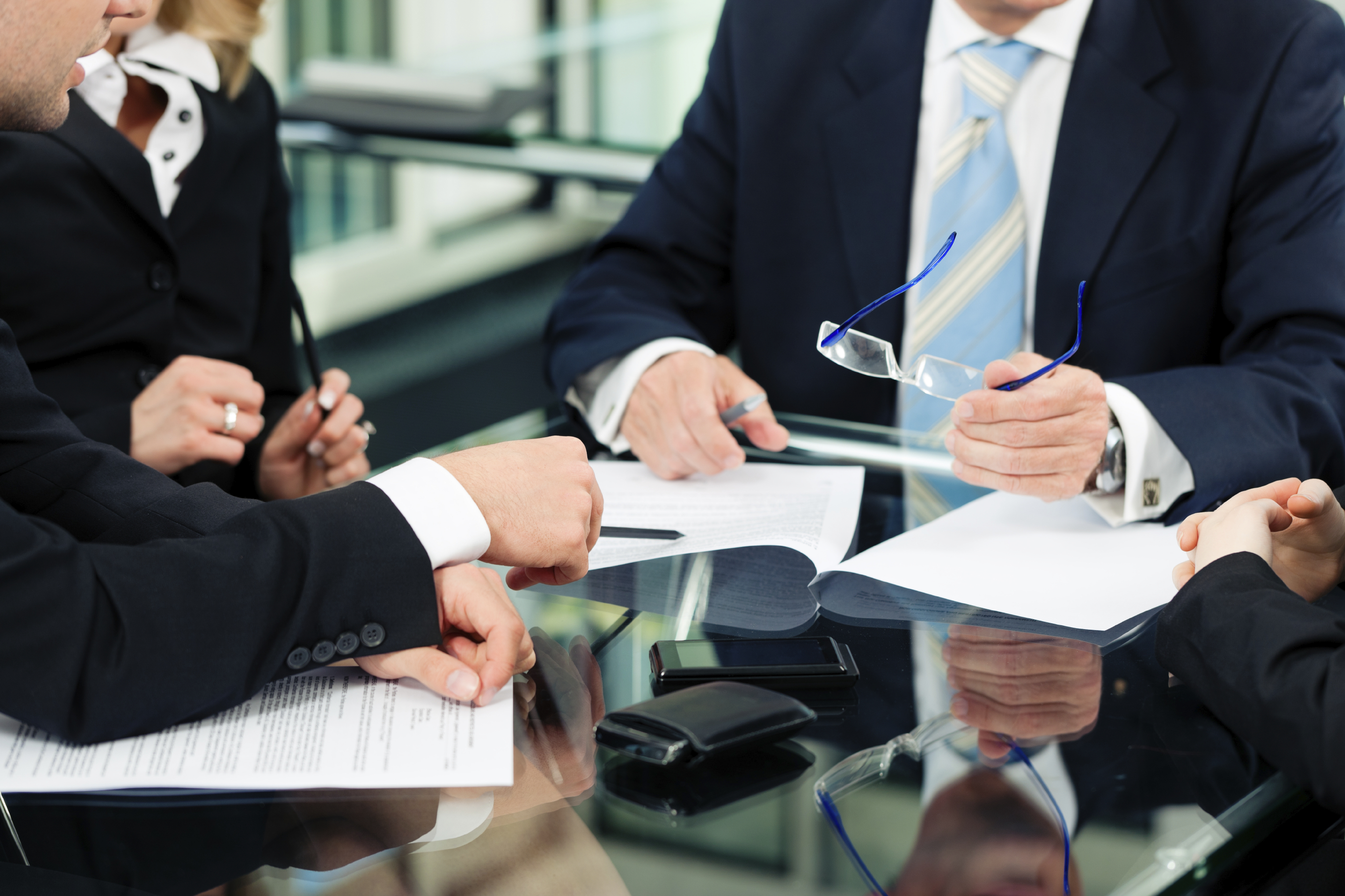Meeting with an attorney can be intimidating, especially if it is your first meeting. However, these are a few tips to help you with your first meeting no matter what type of attorney you are meeting with.

Write Down the Facts
Your first task when meeting with attorneys Ashburn VA should be writing down the facts. If you are hiring an attorney for a specific purpose or case, write down the details. For example, if you seek an estate plan, write down your assets, beneficiaries and desired outcomes. If you seek a business lawyer, write down your expectations and current needs. If you are working with a criminal defense attorney, write down every detail about the incident that you can recall.
Make sure your facts are accurate and summarized briefly. You may also get a second opinion to ensure that you have written everything important down. Reading over your statement aloud with someone else may help you remember details.
Gather All Pertinent Documentation
No matter what type of law you need help with, you should have some documentation for your attorney. For example, you should bring any relevant evidence to a meeting with your criminal defense attorney. Your artwork provenances, bank and investment statements, life insurance documents, deeds and titles, and beneficiary contact information should all be brought to your estate planning meeting.
If you have the documents already prepared, you can make your meetings and the attorney’s work more efficient. It will cost you significantly if your lawyer has to hire investigators or researchers to find this information.
Make a List of Your Questions
Attorneys expect you to ask questions. You shouldn’t be afraid to ask any questions, including those about the attorney’s fees. Include iniquities about the lawyers’ communication practices, length of time until your legal matter is resolved or completed, alternatives you may consider, their experience in a specific legal field, their available resources and who will work on your account. Any question you have, no matter how seemingly insignificant, should be written down.
You can save money and make your legal process more efficient and effective by following a few key practices.